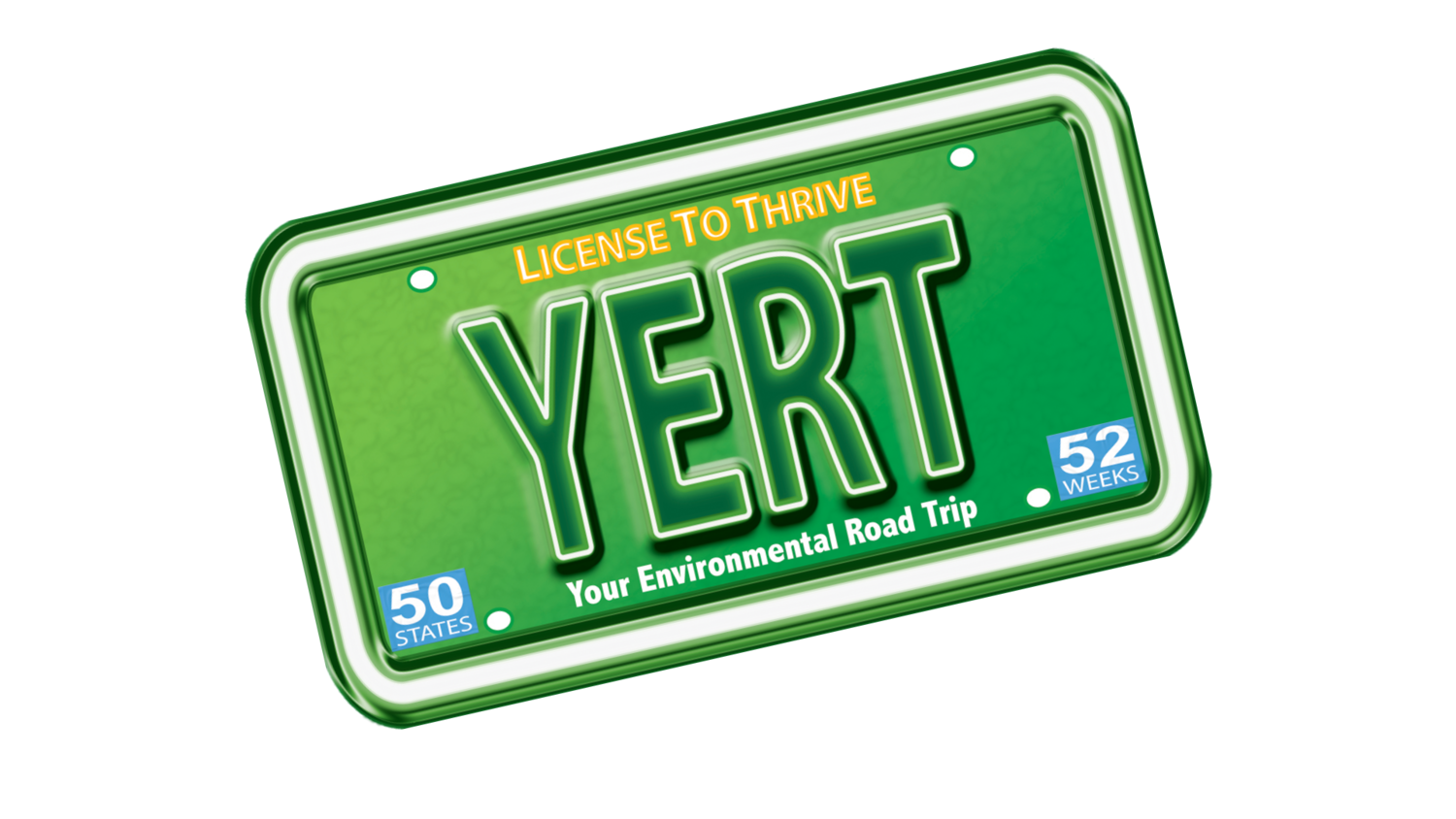Day 105-107: CA: Los Angeles: Desalination solution? and Greening the Ports
The last few days have been kind of terrific in my opinion, in that we got to stay with the Maylands in LA, I got to take my first yoga class so far on this journey (Thank you, Aria!) and Ben and I got to sing in a reading of a developing animated musical called Willoughby Tree which Mark taped. (Here I am recording with Jason, Thank you, Jason!) Though still green (the musical is about trees lol), the musical reading was a blessed departure from interviewing, filming and blogging. (I would include editing in that list but that Ben was still editing the Chicago pod and didn't finish until just a few hours before we performed.)On the interview front, we visited with Dr. Yorem Cohen, professor at UCLA's Chemical and Biomolecular Engineering Department (also Director of the Water Technology Research Center) to gather some of Dr. Cohen's thoughts on the future of water desalination technology in America and where we are headed regarding the sustainability of our water resources.What he to
ld us is that desalination technology, particularly for reverse osmosis membranes, is about 30 yrs old and needs a booster! (This rings familiar as we just heard Stanford's President commenting in the roundtable about technology for solar panels having stalled in its tracks 15 yrs ago.) New improved technology is a major focus of research but needs more financial support, as does the infrastructure of desalination plants on our coastlines. This is tricky because water issues are generally state-oriented, and many states do not see a water shortage issue (ie: the Northeast) and therefore do not feel any financial responsibility toward supporting desalination.The Federal Government regulates some water rights but most water laws are decided at the state and regional level. Which seems odd considering that, except for lakes and ponds, most waterways do not sit still. Many states share rivers. And tributaries travel through states into others. Many states are fed by the same aquifer. So, how do these state laws work with each other regarding water rights?We would love to talk to someone regarding these question so if any of you out there have a clue where to send us to find out, please don't hesitate to email us directly...Also, "Big Agriculture" gets huge subsidies from the government for the water that they use to irrigate crops, masking the true cost of water collection/filtration/transport...We talked to Rupal Patel of Communities for Clean Ports, who described a notably increased cancer risk in com
munities living close to the ports of Los Angeles and Long Beach. We then visited with Art Wong (Port of Long Beach Assistant Director of Communications/Public Information Officer), who let us know that this massive Port is working hard to reduce pollution and change the way that ships and trucks think about energy with its Green Port Policy. Although he isn't certain exactly how fast the changes are going to take place, he believes that they will and he is looking forward to it. He told us that marine life has doubled in the last 2 decades, and bird life has quadrupled, so he feels encouraged.
But Wong is a realist when it comes to keeping business relations afloat. Changing things at the Port of Long Beach is important, says Wong, because "We have this little window where we're the only port..." for many companies, so boats will have to comply with the new greener initiatives to dock there. "Where are the resources to clean up gonna come from if we screw this up and scare away all business?" The Port is voluntarily looking for ways to improve its pollution profile, awarding "green flags" and discounted docking rates to ships for compliance with the voluntary speed limit reduction (saves fuel and pollutes less). "We know now that we have an impact," says Wong. "The Port nee
ds to weigh in because the Federal Government is working too slowly - We can't wait for the federal government to legislate." So, the Port is offering "literally billions" of dollars to innovators to come up with energy and technology shipping alternatives. Wong adds, "When you require people to make greener technology, it's amazing what they can come up with...We don't know if any of them will work but we hope that they will. We don't know what we've started and we don't know where it's gonna go but it's gotta be better than what we've got now."Gotta start somewhere...
